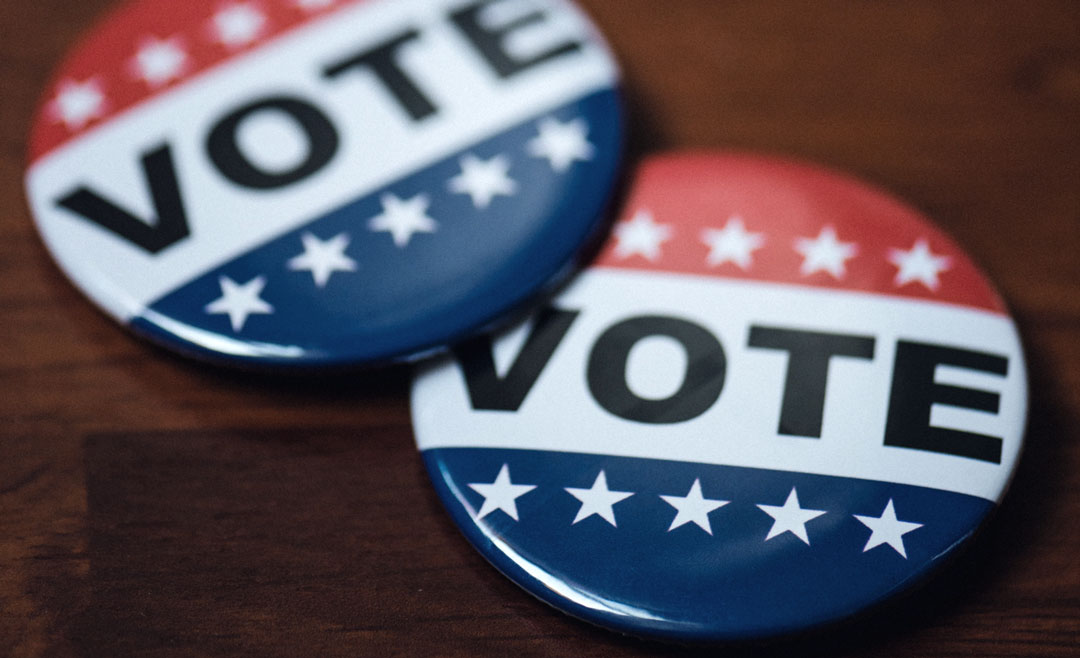
In my last blog I talked abut rural resentment which has become a central fact of American politics and supported for the rise of right-wing extremism.
I attributed this rural resentment to perceptions that rural areas are ignored by policymakers, don’t get their fair share of resources and are disrespected by “city folks.”
And then, I read an article by Paul Krugman in the New York Times saying that all three perceptions are largely wrong.
The truth is that ever since the New Deal rural America has received special treatment from policymakers.
It’s not just farm subsidies, which ballooned under Donald Trump to the point where they accounted for around 40 percent of total farm income. Rural America also benefits from special programs that support housing, utilities and business in general.
In terms of resources, major federal programs disproportionately benefit rural areas, in part because such areas have a disproportionate number of seniors receiving Social Security and Medicare.
And, at this point rural Americans are more likely than urban Americans to be on Medicaid and receive food stamps.
And because rural America is poorer than urban America, it pays much less per person in federal taxes, so in practice major metropolitan areas hugely subsidize the countryside.
These subsidies don’t just support incomes, they support economies: Government and the so-called health care and social assistance sector each employ more people in rural America than agriculture.
What about rural perceptions of being disrespected? There seems to be, however, an unwritten rule in American politics that it’s OK for politicians to seek rural votes by insulting big cities and their residents, but it would be unforgivable for urban politicians to return the favor.
So the ostensible justifications for rural resentment don’t withstand scrutiny — but that doesn’t mean things are fine.
A changing economy has increasingly favored metropolitan areas with large college-educated work forces over small towns. The rural working-age population has been declining, leaving seniors behind. Rural men in their prime working years are much more likely than their metropolitan counterparts to not be working. Rural woes are real.
The Republican Party would make things even worse, slashing the safety-net programs these voters depend on. And Democrats shouldn’t be afraid to point this out.
The economic forces that have been hollowing out rural America are deep and not easily countered. But it’s certainly worth trying.
In 2019 the federal government spent almost twice as much in Arkansas as it collected in taxes, providing the average Arkansas resident with $5,500 in aid. So even if Democratic policies greatly improve rural lives, will rural voters notice?
Not likely but the NABMWT will continue to fight for people at the margins.

